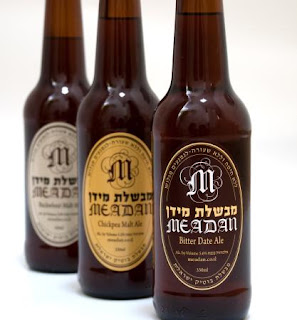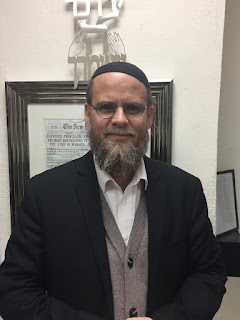Rabbi Yakov Nagen: "Connect!"

Rabbi Dr. Yakov Meir Nagen is an Israeli Rabbi and author. Rabbi Nagen teaches at Yeshivat Otniel and has written extensively about Jewish philosophy and Talmud. He is a leader in interfaith peace initiatives between Judaism and Islam and in encounters between Judaism and Eastern religions. Nagen is also the Director of the Blickle Institute for Interfaith Dialogue and the Beit Midrash for Judaism and Humanity. Many of his writings have been translated into Chinese, and he was profiled in Tablet magazine as one of the ten “Israeli Rabbis You Should Know.” Rabbi Nagen’s website is http://yakovnagen.com/index.php/english . 1. What was a place, person or event that transformed your ideas, thinking, or perspective? Rabbi Menachem Froman inspired me to become part of the Interfaith Peace movement. His great insight was that if religion is part of the problem, it will have to be part of the solution. 2. ...




